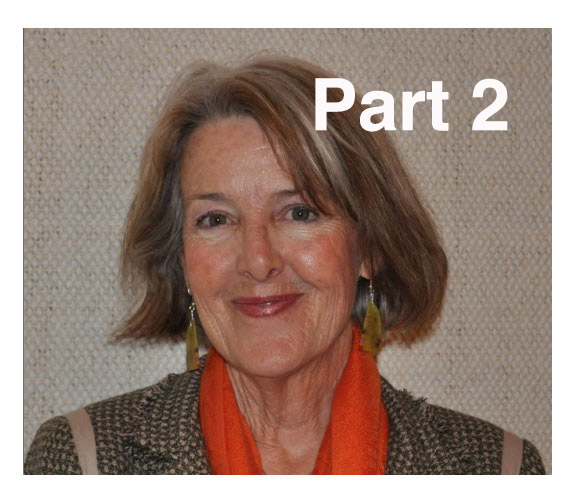 A project intended to ferret fact from fiction will begin meeting in March on Kauai in response to the island’s contentious debate over genetically engineered crops and their associated pesticide use.
A project intended to ferret fact from fiction will begin meeting in March on Kauai in response to the island’s contentious debate over genetically engineered crops and their associated pesticide use.
Kauai County and the Hawaii state Department of Agriculture are funding the $100,000 joint fact-finding group, which is intended to provide a forum for rigorous consideration, evidence-based debate, and collective fact-finding, according to a county news release.
The citizen panel is the first of its kind in Hawaii, which has been rocked with emotionally-charged opposition to agricultural biotechnology as rural counties adopted laws to restrict and regulate the seed industry’s activities.
The discord shows no sign of abating, even though a federal magistrate already has overturned the Hawaii Island and Kauai County laws on pre-emptive grounds, ruling that only the State of Hawaii has the authority to regulate pesticides and genetically modified organisms (GMOs). A Maui County initiative banning GE crops until they are proven safe is currently under review by a state judge.
Kauai County’s pesticide/GMO regulatory law, Ordinance 960, included a provision for an Environmental and Public Health Impact Study. But the judge’s ruling invalidated both the law and the EPHIS. The joint fact-finding process will be conducted instead.
For the past two years, anti-GMO activists in Hawaii have levied countless accusations against Monsanto, DOW, BASF, Syngenta and DuPont-Pioneer over their cultivation of GE and conventional seed crops in the Islands. Activists claim that GMO crops and their associated pesticides are causing numerous health problems, including birth defects, cancer and asthma, and poisoning the soil and water.
Though preliminary state Department of Health studies have found environmental pesticide levels well below federal standards, and no evidence of either cancer clusters or elevated birth defects, many residents remain convinced that the seed crops are causing grave harm.
The fact-finding group is intended to address those persistent concerns by summarizing the best available data on the incidence and prevalence of acute and chronic diseases and injuries on Kauai that may be associated with pesticide use, according to the release.
The group will not produce original research. Instead, it will reply on existing evidence preferably peer-reviewed studies and consultations with technical experts to recommend priorities for future studies. It will also define the scope of those future studies, and propose methodologies to better monitor health or environmental impacts associated with pesticide use on Kauai.
Longtime Hawaii mediator and facilitator Peter Adler will coordinate the effort through his ACCORD 3.0 Network, which includes a former state health director and other technical experts. Adler has selected nine Kauai residents to serve on the fact-finding panel, choosing persons with backgrounds in agriculture, environmental health, epidemiology, toxicology, biostatistics, medicine and Hawaiian cultural practices.
Panelists will be required to sign an agreement committing to civility and confidentiality within the working group and keeping an open mind to review all pertinent and high quality evidence. The process is expected to take about a year.
Though many Kauai residents have welcomed an effort to ground the GMO-pesticide debate in fact, some GMO activists already have derided it as a state-sponsored effort intended to white wash the seed industry. Still other citizens are waiting to see who is appointed to the panel, since its credibility depends on the qualifications and objectivity of its members.
While the panel is likely to produce some meaningful data, it’s unclear whether even scientific evidence will be sufficient to influence people who have already formed an opinion based on misinformation, mistrust and fear.
Which is why I and other Kauai residents believe fact-finding should have informed, rather than followed, the law-making process. Fear-mongering is a very effective political strategy, and once accusations have been levied and accepted as truth, it’s very difficult to counter them, even with facts.
Joan Conrow is an award-winning independent journalist who writes frequently about politics, the environment and travel. Her work has appeared in many national and regional publications. She’s lived on Kauai since 1987 and has covered the biotech issue in Hawaii for more than a decade. She also publishes the popular Kauai Eclectic blog.
